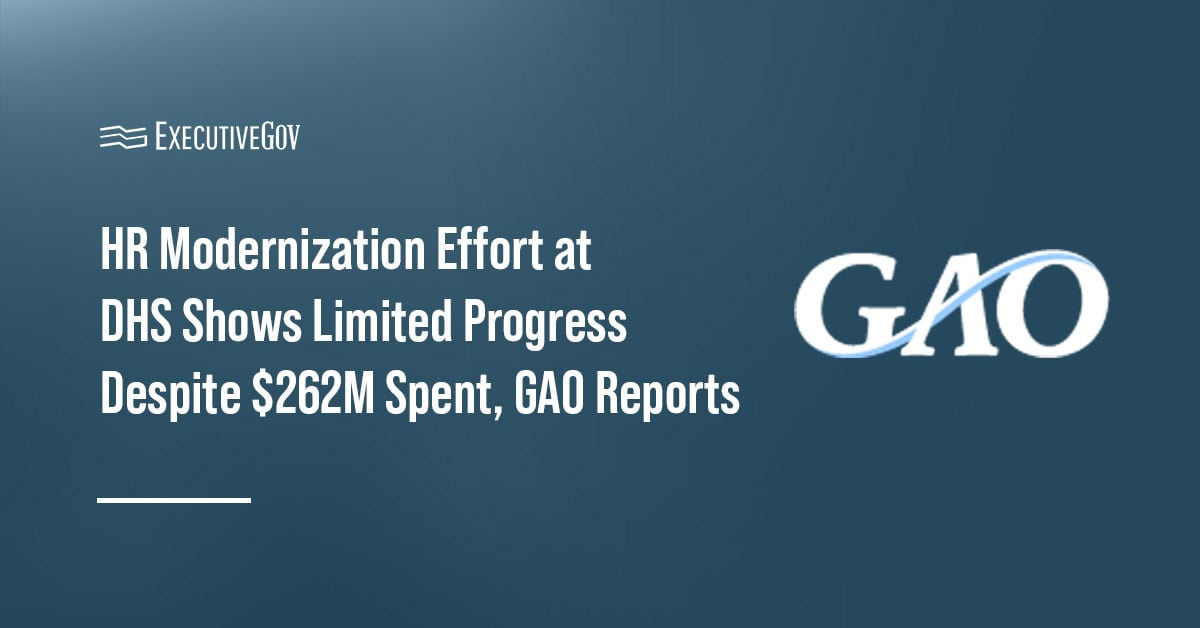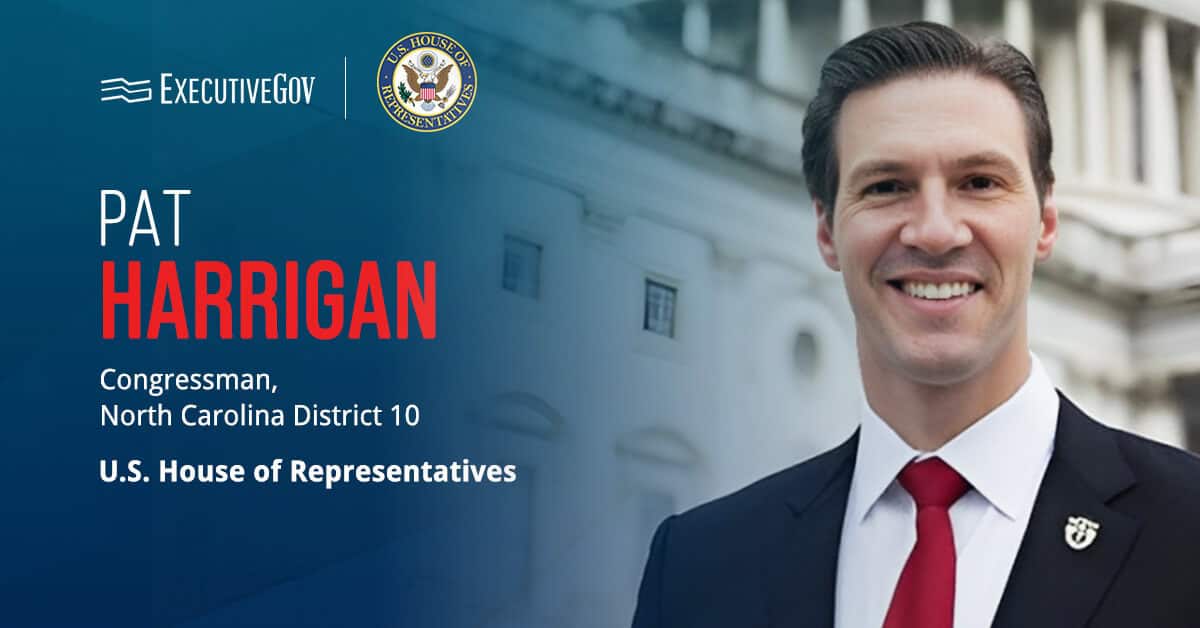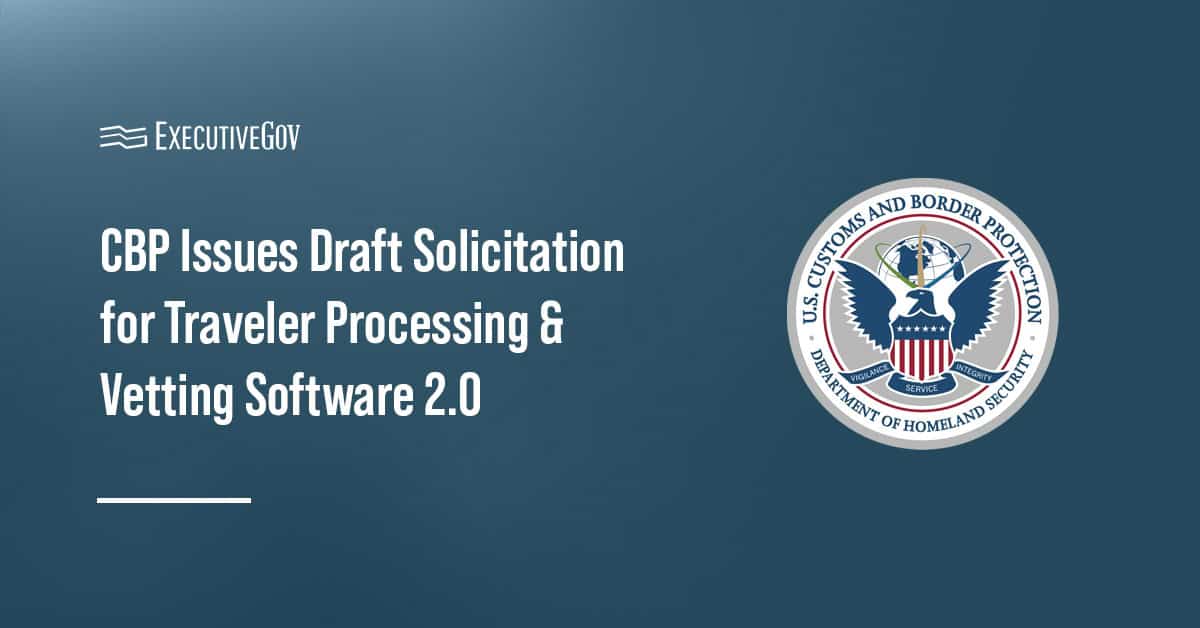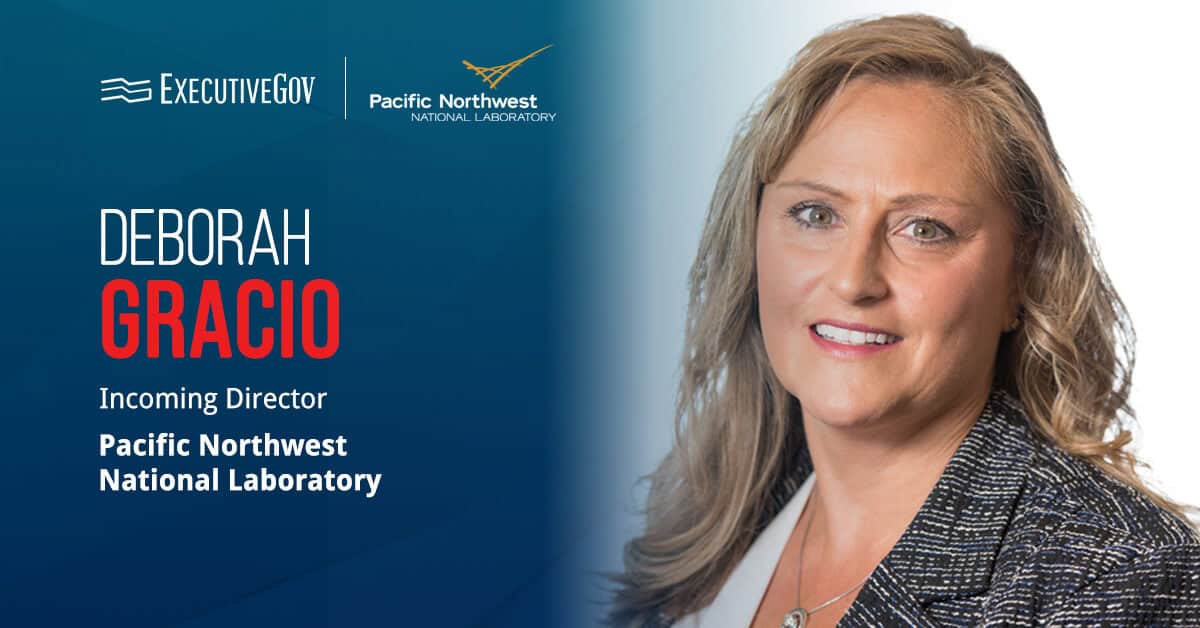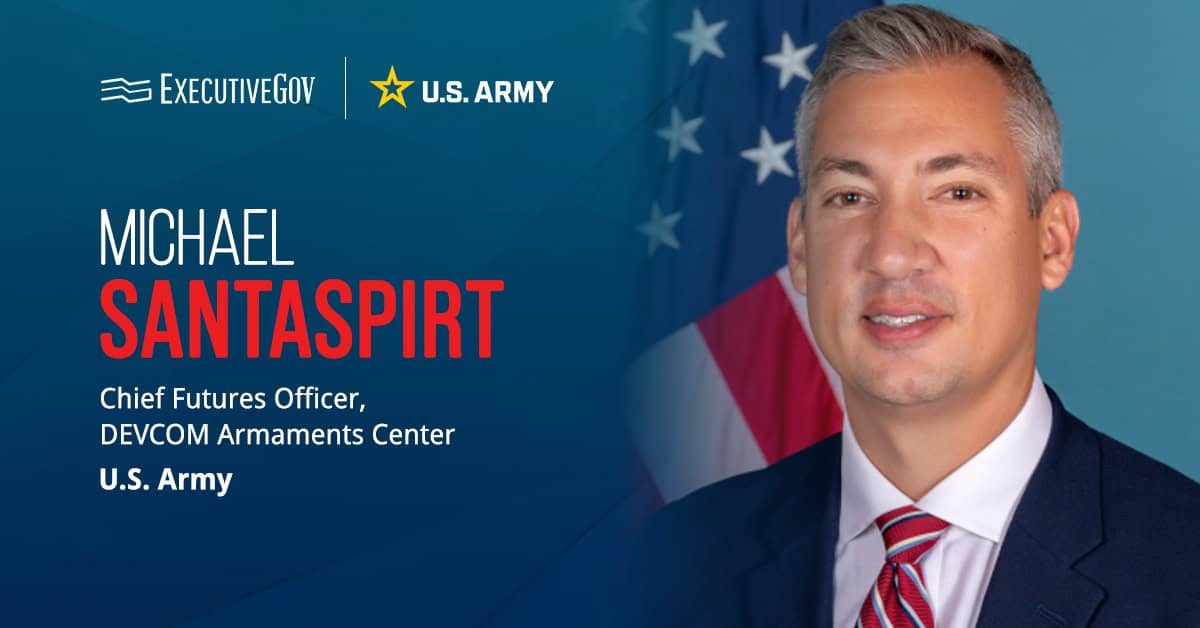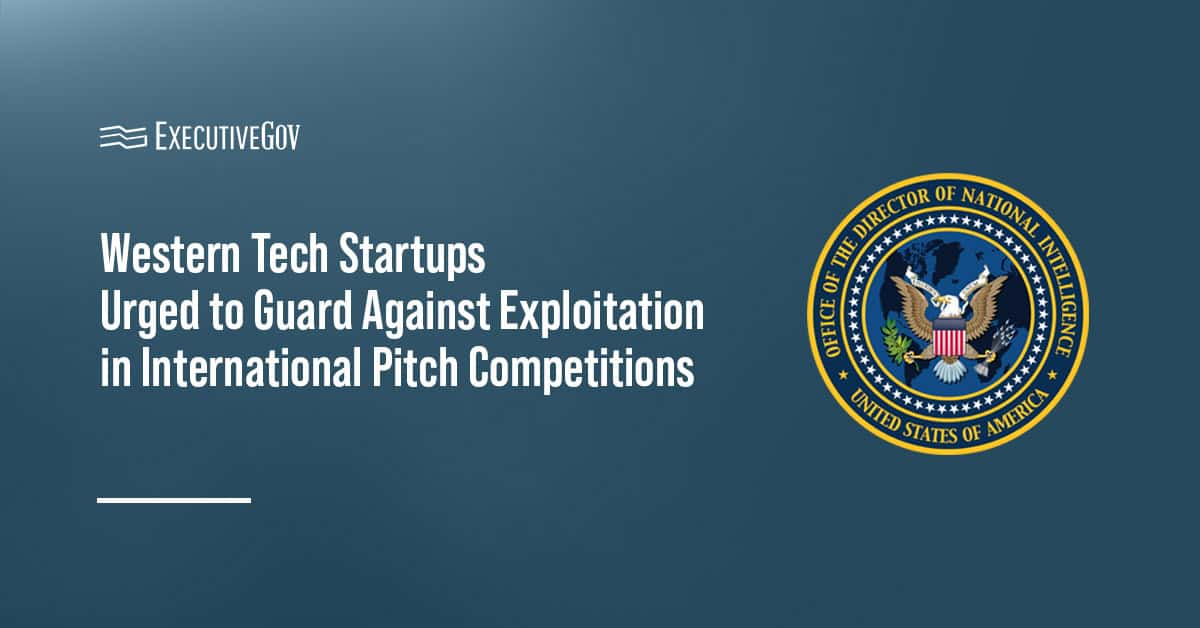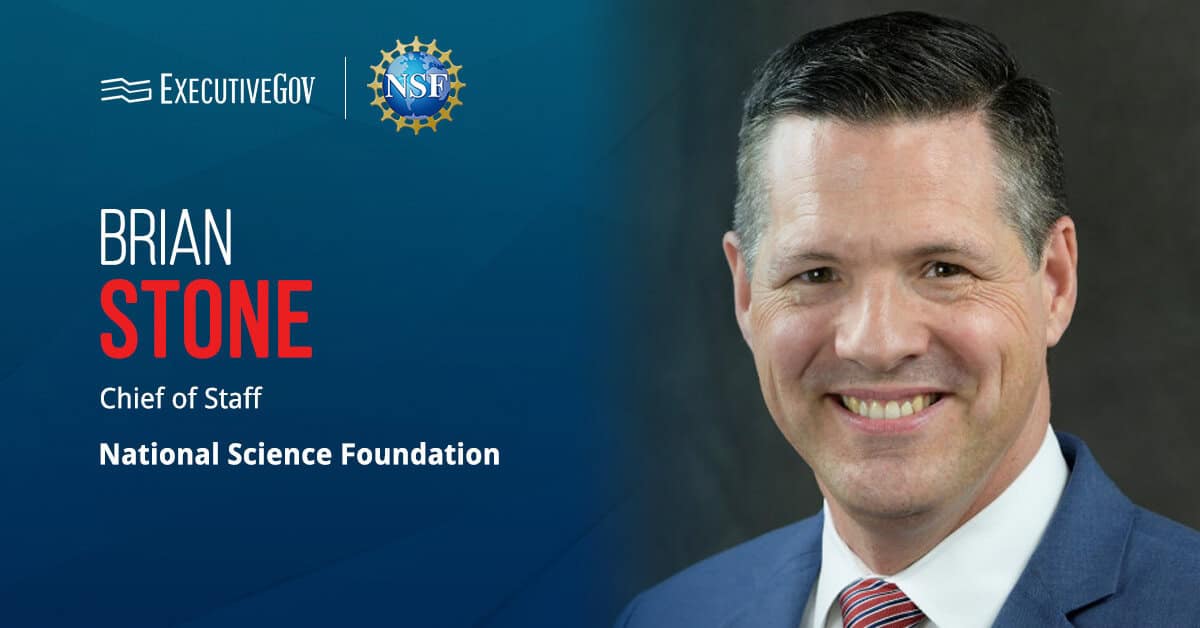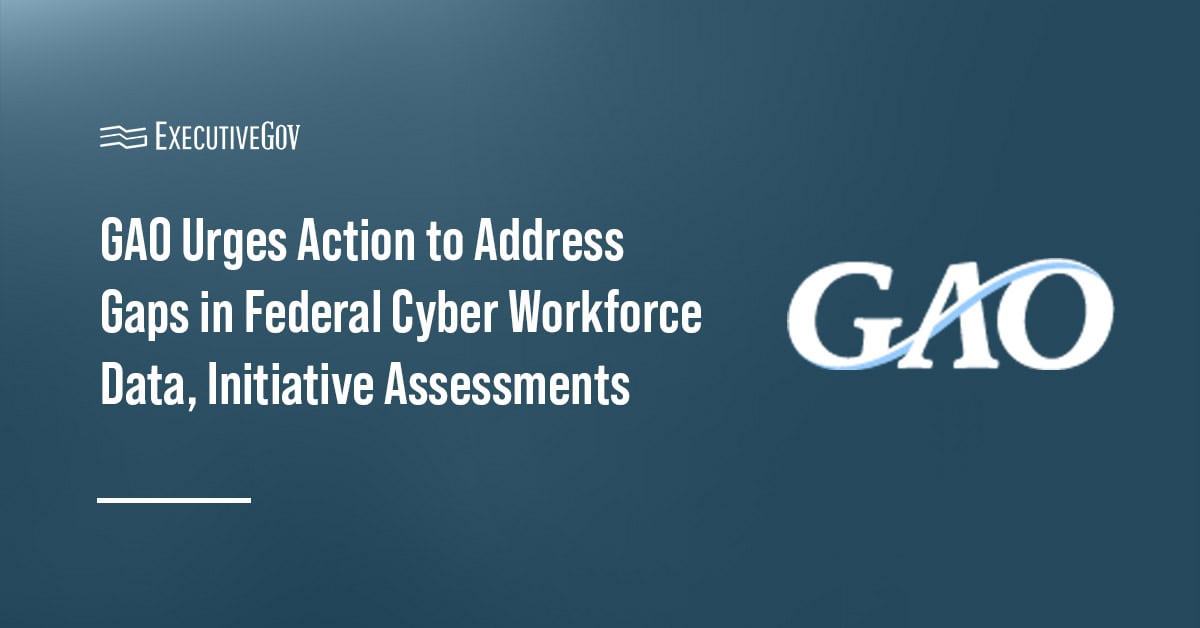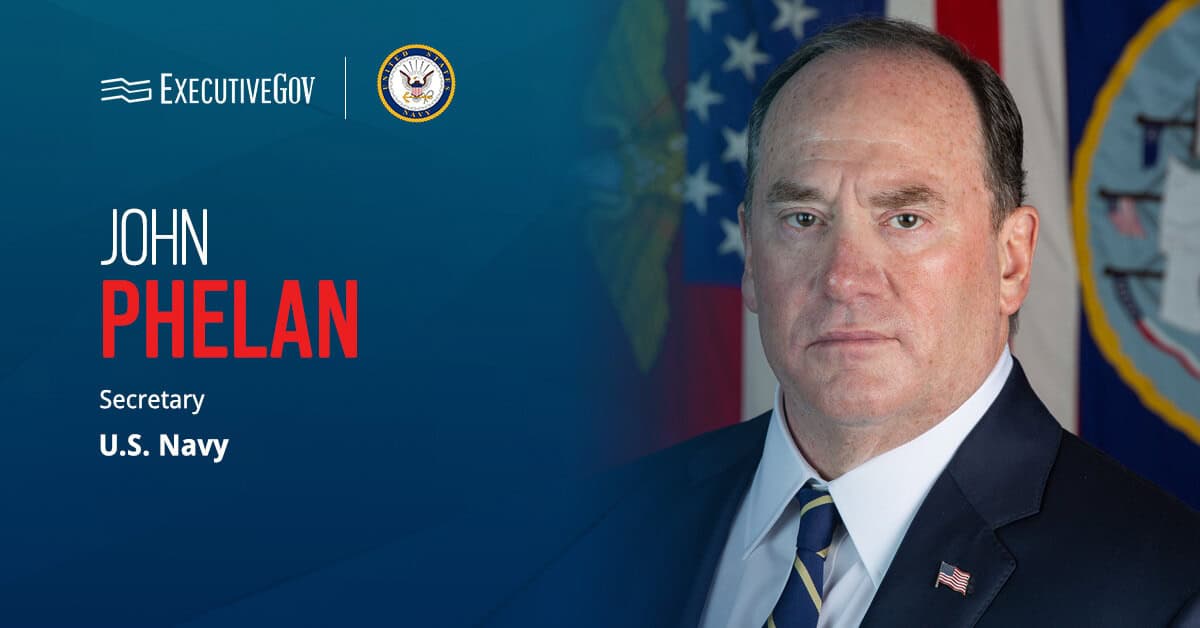The Government Accountability Office said in its new report that the Department of Homeland Security’s investment in modernizing its human resources IT systems has produced limited results.
According to the congressional watchdog, DHS does not have an approved strategy or measurable goals to guide the effort, preventing progress.

Learn more about the latest U.S. homeland security programs and initiatives at Potomac Officers Club’s 2025 Homeland Security Summit on Nov. 12. The event will feature keynote speeches from government leaders and panel discussions with homeland security experts. Your ticket to the highly anticipated networking event awaits.
DHS HR Modernization Project
Between 2005 and 2023, DHS spent at least $262 million to digitize paper-based processes and consolidate duplicative systems used in HR.
The DHS has established program goals in 2011, 2020 and 2022, with the latest goals remaining in draft status as of April 2025.
GAO attributed DHS’ lack of progress in achieving its goals to gaps in the implementation of key portfolio management practices. For example, DHS has only partially implemented risk management practices, such as maintaining a risk register to track portfolio risks.
DHS leaders also shared challenges overseeing federal shared services provided to the agency by the Department of Agriculture. The report revealed that DHS cannot ensure that Agriculture complies with federal cybersecurity requirements.
GAO made 10 recommendations to the DHS, including addressing remaining portfolio management gaps and renegotiating agreements with the Agriculture Department. Both departments concurred with the recommendations.


